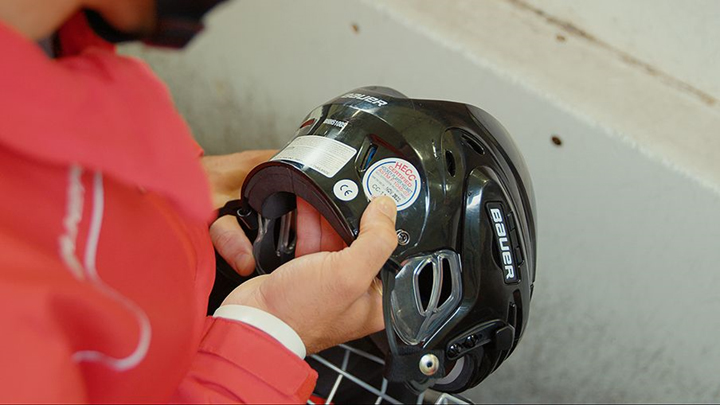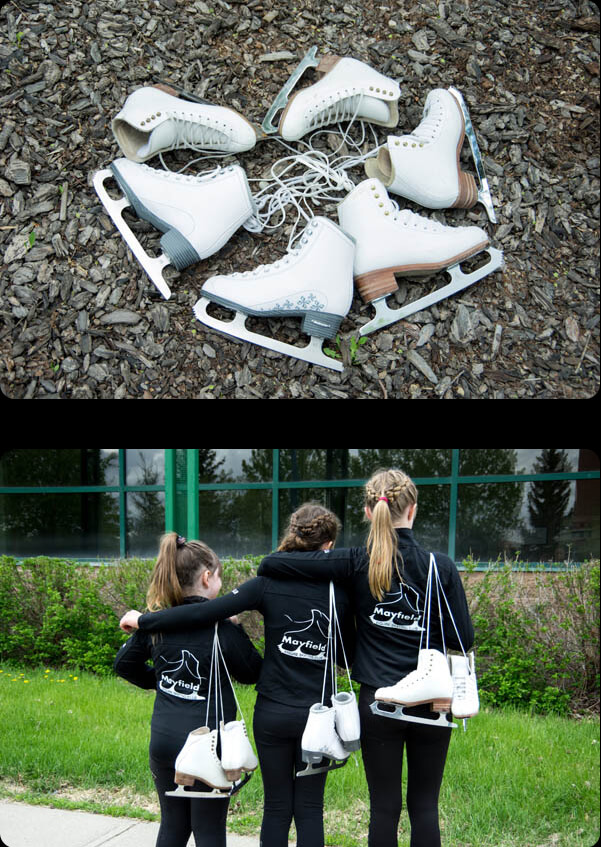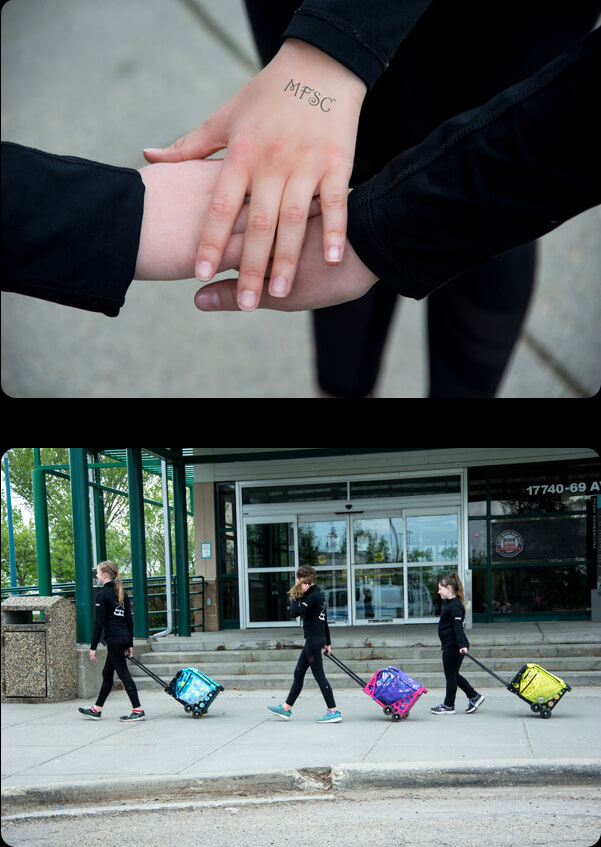Junior StarSkate
Star 1 – 3
Our ‘Junior Star’ program is designed for skaters who wish to continue to develop their skating skills in a group lesson setting.
To register in this program, skaters must have passed their Stage 6 CanSkate badge or have been recommended to this program by Mayfield Figure Skating Clubs Skating Coordinator. Instruction is provided in Dance, FreeSkate, Skills, Stroking and Synchronized Skating. Independent learning is also encouraged.
Skaters have the opportunity to take Skate Canada Assessments through a nationally standardized assessment system. Skaters may also choose to pursue synchronized skating or pairs skating.
When you/your child registers for a StarSkate program at Mayfield Figure Skating Club, you also become a member of Skate Canada and will have access to:
- opportunities to be recognized through a nationally standardized assessment system for achieving specific figure skating skills
- interclub competitions
- Special StarSkate events and club functions
- Opportunity to be talent-scouted
- Opportunity for personal growth and the development of important life skills such as goal-setting, self-discipline, confidence, time management, healthy lifestyle and coping strategies to deal with success and failure.
How Junior StarSkate Works
The Junior StarSkate program consists of figure skating skills in four areas – Skills, Ice Dance, Synchronized Skating and Free Skate (includes both Elements and a Program). Each area is divided into the following levels:
- STAR 1-3 Skills
- STAR 1-3 Dance
- STAR 2-3 Synchro
- STAR 1 Free Skate
- STAR 2-3 Free Skate (Elements)
- STAR 2-3 Free Skate (Program)
All STAR 1-3 levels are assessed by a coach.
StarSkate Pathways
Once a skater is in the Skate Canada StarSkate Program, there are several options. Skaters may choose to remain in the StarSkate Program, taking assessments (although not mandatory) at organized assessment sessions and honing learned skills. Skaters may also choose to enter competitions, while still trying Skate Canada assessments. Other skaters may feel that they have progressed to a point where they may wish to enter the Skate Canada CompetitiveSkate Program or become involved in synchronized skating, evaluating or judging, or participate as an adult or varsity member.
Skills
Skills are a combination of fundamental skating movements, executed on a pattern and skated solo. The basic components of all disciplines of figure skating are incorporated into the program. The movements are derived from former compulsory figures, free skating and ice dance. The objective of the Skills program is mastery of the basic fundamentals of skating – edge quality, control, power and speed.
Ice Dance
The Dance assessment program teaches timing, musicality, rhythm interpretation, structure as well as basic skating skills such as edges, flow, control and unison.
FreeSkate
FreeSkate consists of the execution of jumps, spins, footwork, field movements and stroking, either in isolation or performed in sequence to music.
Each assessment consists of 2 parts – Elements in isolation and a FreeSkate Program. With the exception of Star 1, where there is only an element component.
Competitions For StarSkate Athletes
StarSkate participants love to compete! Even though a skater may choose not to participate in the Skate Canada CompetitiveSkate Program, they still want the opportunity to test their skill in a competition situation. Skate Canada offers several opportunities to do this. Star 1-3 skaters are judged to a standard. Skaters receive a report card and a ribbon depending on their overall achievement.
StarSkate Club & Interclub Competitions
These are events involving a number of clubs in the same region or area. The competition categories offered generally fall in line with the applicable Skate Canada Section specifications, so that all Interclubs within the Section are standardized.
What do you need to participate?
All you need are good quality skates with great ankle support, leggings, skating skirt or dress, mittens and a warm sweater. Boys can wear pants. Dress in layers – it will get warm!


“If you don’t have fun, it’s hard to do your best.”
Kimmie Meissner




